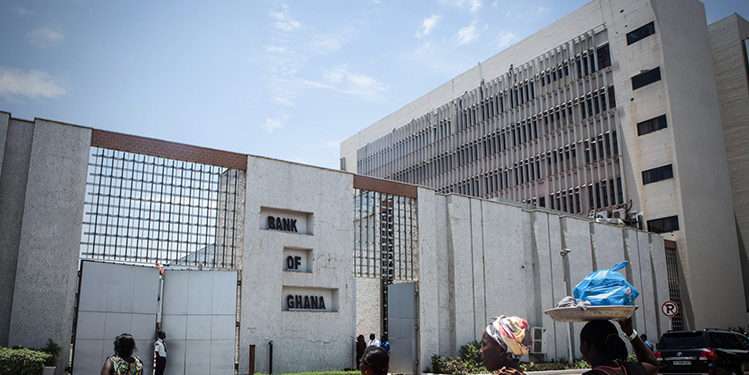Investor confidence in Ghana’s economy evident in high yield BoG bills auction
By setting the interest rate on Central Bank bills, the BoG can also signal its intentions with regards to monetary policy, providing a degree of stability to the market. This is a critical aspect of the BoG’s role in the Ghanaian economy and underscores the importance of the central bank’s policies in supporting sustainable growth.

The Bank of Ghana (BoG) has successfully raised GHS 5.47 billion in fresh debt through the auction of its own bills, highlighting the sustained demand for government debt securities in the country. The bills have a maturity period of 14 days and were auctioned at an interest rate of 28%, an indication of the strong interest among investors for short-term, high-yielding securities.
This successful outcome is a reflection of investor confidence in the Ghanaian economy, as well as the effective monetary policies implemented by the BoG. The central bank has been active in managing the liquidity of the banking system through its Open Market Operations (OMO), utilizing short-term securities on the primary market.
- Advertisement -
The primary function of Central Bank bills is to regulate money supply, and in most cases, funds raised from the auction of the BoG bills are directly loaned to the government to support its short-term needs. The successful auction of these bills thus signifies a continued demand for government debt securities in Ghana, which is indicative of investor confidence in the country’s economic prospects.
- Advertisement -
However, it is crucial that the government uses the funds raised effectively to support sustainable growth and development while keeping a close eye on debt levels and borrowing costs. The BoG, as the regulator of the country’s banking system, has a significant role to play in ensuring financial stability is maintained. Central Bank bills offer a tool through which the BoG can influence the overall cost of borrowing in the economy, controlling inflation and managing economic growth.
By setting the interest rate on Central Bank bills, the BoG can also signal its intentions with regards to monetary policy, providing a degree of stability to the market. This is a critical aspect of the BoG’s role in the Ghanaian economy and underscores the importance of the central bank’s policies in supporting sustainable growth.
- Advertisement -
It is worth noting, however, that high interest rates on government debt securities could increase borrowing costs for the government, potentially limiting the funds available for other important areas of expenditure. Therefore, while the successful auction of the BoG bills is encouraging, caution is necessary to ensure that sustainable growth and development are prioritized over short-term gains.
Furthermore, rising debt levels could pose a risk to the economy in the long term. As such, it is crucial that the government and the BoG continue to take a cautious approach to borrowing and debt management, prioritizing the sustainable growth and development of the Ghanaian economy.
The successful auction of the BoG bills highlights the crucial role that Central Bank bills can play in regulating the banking system and influencing monetary policy. This tool is critical for policymakers in Ghana, and it is evident that the BoG has utilized it effectively in managing the country’s monetary policies. However, continued caution is necessary to ensure that sustainable growth and development remain the top priority, and debt levels remain manageable over the long term.
Source: NorvanReports
- Advertisement -



